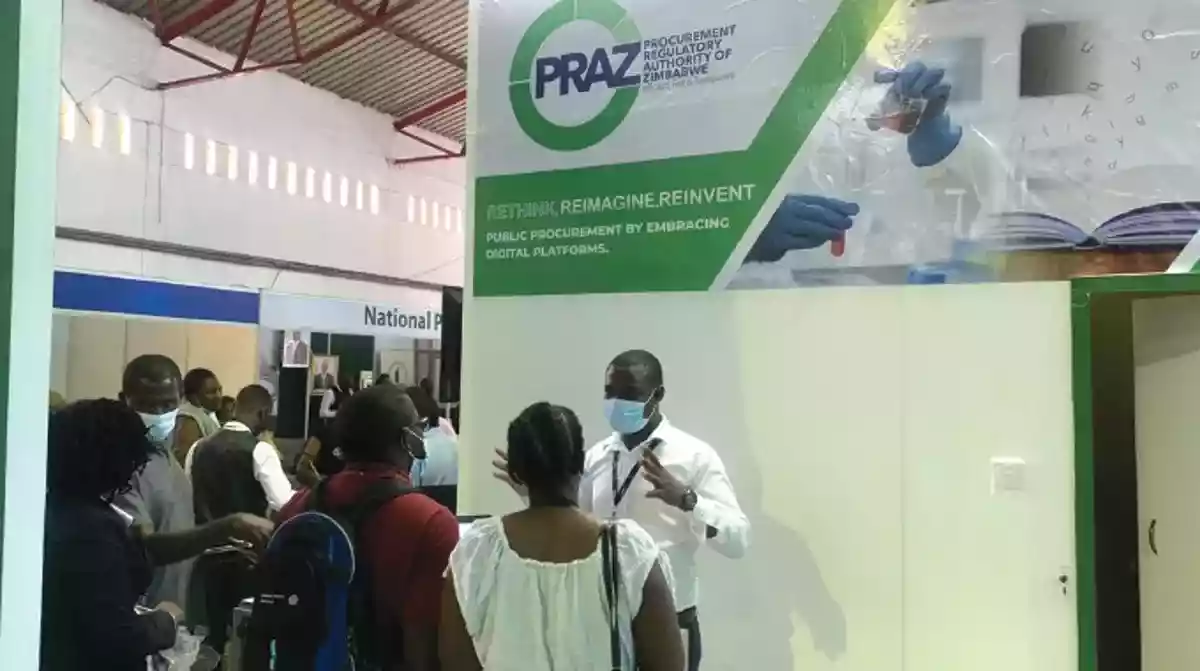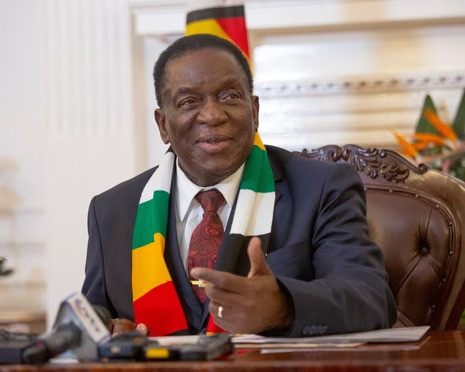
THE Procurement Regulatory Authority of Zimbabwe (Praz) has officially launched the Methodology for Assessing Procurement Systems (MAPS) to provide transparency in public procurement processes locally.
MAPS, developed by the Organisation for Economic Co-operation and Development, is an internationally recognised tool for evaluating public procurement systems.
It helps countries with or without external support, identify strengths and weaknesses within their procurement systems to inform reform initiatives and improve capacity.
The launch of MAPS comes as local procurement has long been a major way in which billions of tax dollars are lost due to poor governance practices.
During the launch of the MAPS in Harare yesterday, Praz chief executive officer Clever Ruswa said MAPS was a critical tool that would provide transparency in public procurement.
“We gather to launch the Methodology for Assessing Procurement Systems. A critical tool that will guide our journey towards transparency, efficiency, and inclusivity in public procurement,” he said.
“I will say MAPS is our answer. It is a collaborative, inclusive methodology designed to convey diverse perspectives, identify systems gaps and inefficiencies, align our practices with international standards, and foster trust and transparency.”
Ruswa said MAPS would improve the country’s vision and commitment.
- Eyebrows raised over Zimra tender
- Combating corruption in public procurement
- Pac postpones Parly laptops probe
- Beitbridge border post ‘dumps’ Zimdollar
Keep Reading
“MAPS is not embodied in a game exercise. It is a constructive opportunity to grow and improve our vision and commitment. By 2030, as a regulator, we envision a public procurement system that is a model,” he said.
“When we say model, we are talking of leveraging digital tools like the Electronic Government Procurement System (EGP) to enhance transparency, reduce bureaucracy, and empower marginalised groups.”
He said Praz also wanted processes that integrated environmental and social responsibility into procurement decisions.
“Together, we can uncover the full picture of our procurement landscape, agree on actionable priorities, and reignite the momentum for reform. Over the past six years, we have achieved significant milestones. By the end of July, we have sensitised over 12 000 procurement officers and bidders,” Ruswa said.
“We have reviewed more than 7 500 special procurement tools, through the Special Procurement Oversight Committee.
“We have conducted more than 300 institutional visits, generated more than 30 000 regular reports for procuring entities and processed more than 100 appeal cases.”
Commenting on the benefits of the new innovation, MAPS lead consultant for Zimbabwe, Susie Smith said the system was there to help reduce the amount of corruption.
“So the MAPS assessment is about looking at adopting a holistic approach to the assessment of the public procurement system here in Zimbabwe and we look at all aspects of the system, not just the law,” Smith said.
“We look at what’s happening in practice, we look at how public procurement ties in with budgeting, with finance, with auditing, but also with engagement from civil society, how much the citizens of Zimbabwe can be involved in public procurement to ensure that the best value for money is delivered.”










